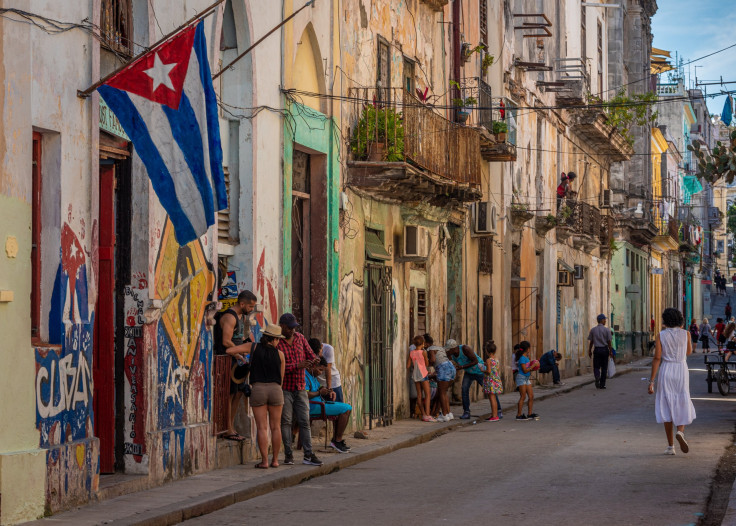
A new bill introduced in Cuba could pave the way for the government to strip opposition members from their citizenships if passed, El País reported.
Concretely, the document says that Cuban people "can't be deprived from their citizenship except as a result of legally established causes." They include "enlisting in any kind of armed organization which has the goal of harming the territorial integrity of the state, its citizens and other people living in the country," or "conducting actions that are contrary to the Cuban Republic's political, economic or social interests."
This means that President Miguel Díaz-Canel and the Interior Ministry would be able to deprive people from their citizenship, as the bill deems them "authorities in matters of citizenship and able to solve administrative cases regarding the gaining, loss, deprivation and quitting of Cuban citizenship."
The bill follows the playbook of Nicaragua's authoritarian ruler, Daniel Ortega, who passed a similar law last year and has since revoked the citizenship of hundreds of opposition members. He did so after releasing political prisoners and sending them to exile in the United States. The measure has drawn international criticism, including from the Biden administration. "Those who bravely stand for democracy in Nicaragua will always be its citizens and patriots," said Secretary of State Antony Blinken in a statement.
Cuba's economy has sharply deteriorated over the past year, leading to further erosion of its social fabric. Long known for the safety of its street despite the its ever-present economic woes, the country is seeing a sharp increase in crime, with independent media reporting more cases of theft and violence.
A recent El País article recalls a particular example on June 8, when people were attending an event to mark the beginning of the summer. The scene ended up with large disturbances, including fist fights and people wounded amid images of people walking with knives and machetes.
Police took several people and there was talk of many being hurt and some dead, although the government later denied any people were killed during the incident. The outlet said this was just one of many such cases across the country, many of which mention the police's ineptitude as a common denominator.
"Some might say there have always been violent robberies, murders, killings. But you're seeing more of it today. The country is deteriorated in every aspect, including its values. The economic crisis is impacting all areas of life," Nelson González, a lawyer working in the Cuban judiciary told El País.
The economic downturn is such that about 5% of the country's population has emigrated over the past years, and Cubans abroad increasingly prefer to send care packages to family back home, rather than cash transfers.
© 2025 Latin Times. All rights reserved. Do not reproduce without permission.





